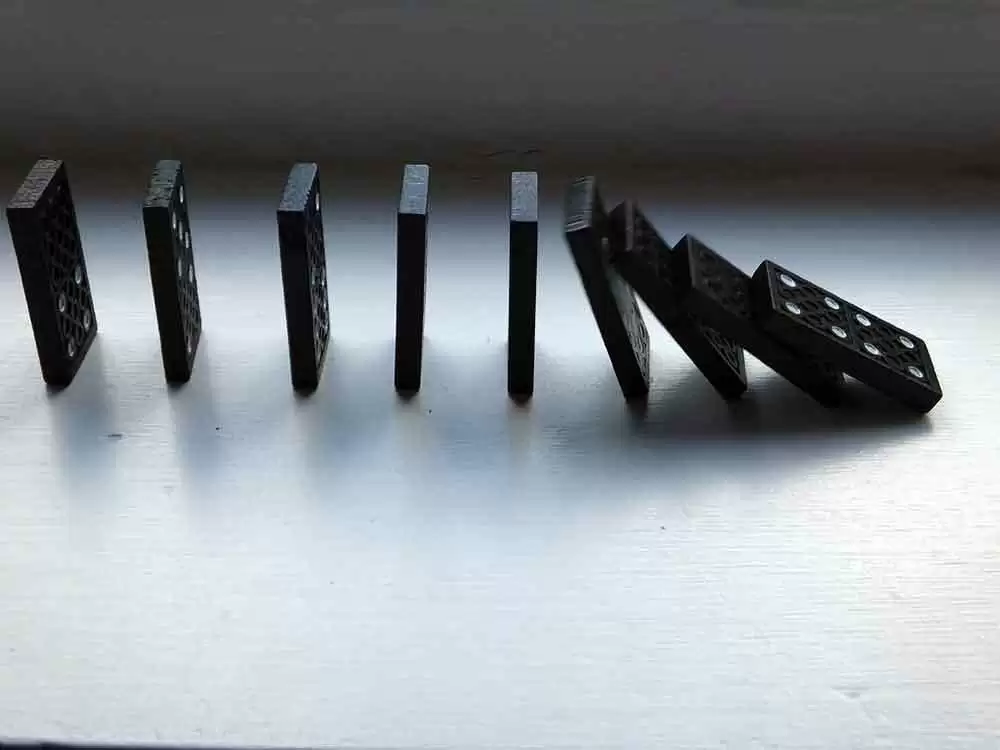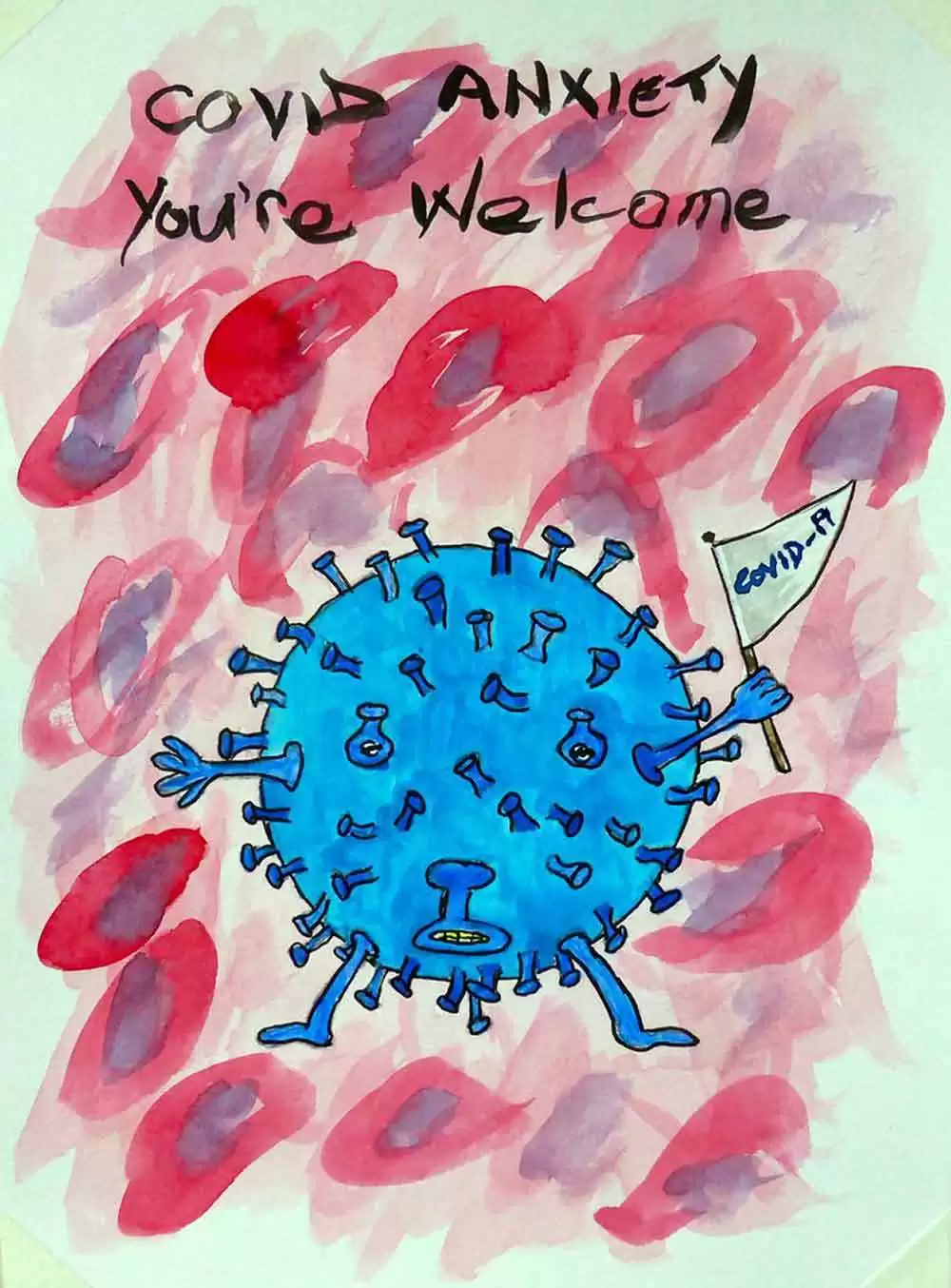
Celiac.com 12/07/2022 - What is the nutritional and health impact of a long-term gluten-free diet on people with celiac disease? A team of researchers recently set out to take a deep look at the influence of a long-term gluten-free diet on nutritional status, body composition, and associated factors in adult Saudi females with celiac diseases.
One Year Study of Fifty-one Diagnosed Celiac Patients
For their study, the team included fifty-one diagnosed celiac patients who had followed a gluten-free diet for over one year. They collected data on patient dietary patterns, along with a complete analysis of anthropometric parameters, levels of vitamins B12 and D, and complete blood count (CBC).
Celiac.com Sponsor (A12):
The data show that all patients suffered from an insufficient intake of all micro and macro-nutrients, including vitamin D, folate, calcium, and iron. Otherwise, their bloodwork fell within the expected ranges.
While one-third of patients were slim, nearly half showed decreased total body fat, more than half of the patients showed low waist/hip ratios, and more than sixty-percent showed decreased levels of visceral fat. On the whole, patients with poor nutritional status also tended to have poor educational levels and some psychosocial factors that may have influenced their results.
However, the team did find that a gluten-free diet in women with celiac disease negatively affects their nutritional intake and anthropometric indices, and leads to a deficiency in major nutrients, vitamins, and ions.
Study Conclusions
This study confirms other studies that show that gluten-free foods often have poorer nutritional quality than their non-gluten-free counterparts, and that many people with celiac disease suffer from poor nutrition or malnutrition.
The results highlight the need for women, but also for all celiacs on a gluten-free diet, to be extra vigilant about making sure to get enough nutrition, fiber and nutrients.
The research team included Aeshah Ibrahim Alhosain, Ghedeir M. Alshammari, Barakat Lafi Almoteri, Mohammed A. Mohammed, Manal Abdulaziz Binobead, and Mohammed Abdo Yahya. They are variously affiliated with theDepartment of Food Science and Nutrition, College of Food and Agricultural Sciences, King Saud University in Riyadh, Saudi Arabia, and the Department of Gastroenterology, Buraidah Central Hospital, Ministry of Health in Buraydah, Saudi Arabia.








Recommended Comments
Create an account or sign in to comment
You need to be a member in order to leave a comment
Create an account
Sign up for a new account in our community. It's easy!
Register a new accountSign in
Already have an account? Sign in here.
Sign In Now